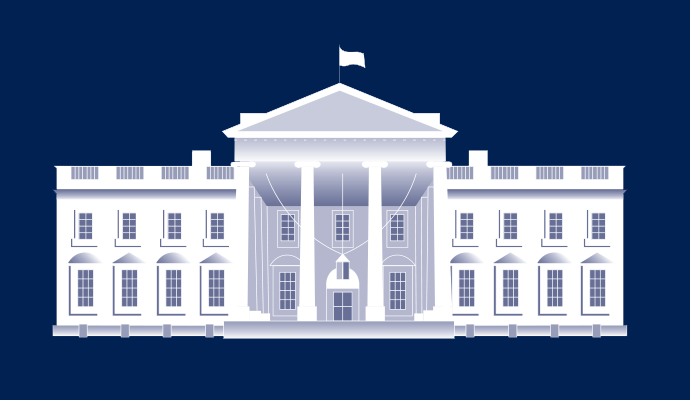White House Announces New Healthcare Price Transparency Order
An executive order will make it easier for HHS to expand healthcare price transparency regulations to include negotiated contract rates.

Source: Xtelligent Healthcare Media
- President Trump just signed a long-awaited executive order on healthcare price transparency that will require hospitals and insurers to reveal "the true prices of healthcare services," which could include negotiated contract rates and out-of-pocket spending.
Announcing the executive order in a speech at the White House on June 24, the President said it is “virtually impossible for Americans to know the real prices and quality of service. As a result, patients face significant obstacles in shopping for the best care at the best price, driving up costs for everyone.”
But the executive order will “fundamentally change the healthcare marketplace” by directing HHS to require hospitals to “publicly disclose amounts that reflect what people actually pay for services in an easy-to-read format.”
The executive order charges HHS with creating the regulations that will expand healthcare price transparency, and CMS is already gearing up to create new rules.
“Today’s announcement exemplifies President Trump’s commitment to ensuring Americans have the right to know the price and quality of their healthcare,” CMS Administrator Seema Verma said in an emailed statement. “Since day one, this Administration has made great strides in increasing transparency to foster competition in our healthcare system to keep care affordable, and empowering patients to make informed healthcare decisions.”
“I am excited to implement these bold reforms to transform our healthcare system into one that delivers affordable and accessible healthcare, and puts American patients first.”
The executive order will add to CMS’ efforts to advance healthcare price transparency.
Earlier this year, CMS started to require hospitals to publish their chargemasters online in a machine-readable format. The requirement aims to increase competition in a market in which national spending is skyrocketing and patients are paying more for care.
But critics of the hospital price transparency requirement from CMS have argued that the rule may be confusing to patients.
“Chargemaster prices serve only as a starting point; adjustments to these prices are routinely made for contractual discounts that are negotiated with or set by third-party payers. Few patients actually pay the chargemaster price,” the Healthcare Financial Management Association (HMFA) has explained to policymakers.
Some critics have used this point to advocate for greater price transparency rules, like the one in the Trump Administration’s new executive order.
However, other stakeholders, like the Federation of American Hospitals (FAH), have argued that requiring providers to release price information is not the appropriate method for increasing price transparency.
“For consumers with health insurance, the health plan should be the consumer’s primary point of contact for ‘one-stop’ shopping for all information related to insurance coverage and payment, including out-of-pocket costs,” the group said in response to CMS’ request for information on hospital price transparency. “Providing such information is simply not feasible for providers. Providers deal with an overwhelming number of insurance companies, and even more plans offered by those insurers, each with specific coverage requirements and out-of-pocket cost requirements for enrollees.”
Hospital and payer groups alike have also contended that expanding price transparency requirements to contractual rates will ultimately decrease competition and raise prices. Specifically, America’s Health Insurance Plans (AHIP) has said:
“[R]equiring public disclosure of pricing data could have potentially negative competitive effects that could hinder fair negotiations and drive up prices. According to the Federal Trade Commission (FTC), ‘…transparency is not universally good. When it goes too far, it can actually harm competition and consumers. Some types of information are not particularly useful to consumers, but are of great interest to competitors.’ Should disclosure of private contract negotiations be required, the cost impacts could be significant, causing serious disruption to our health care system to the detriment of consumers.”
President Trump acknowledged that industry giants will be upset about the executive order. But he argued that Americans have a right to know and negotiate the prices of care before they receive services.
He concluded that the executive order is “one more step to a healthcare system that is fantastic and works for the people.”
